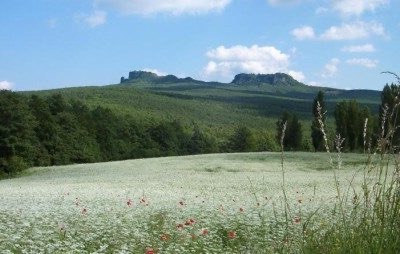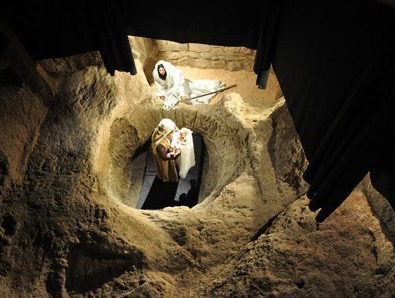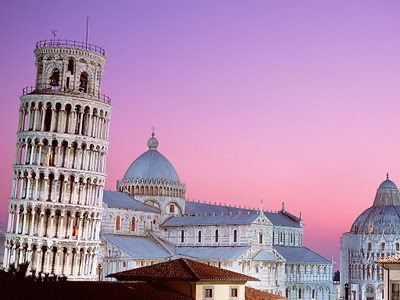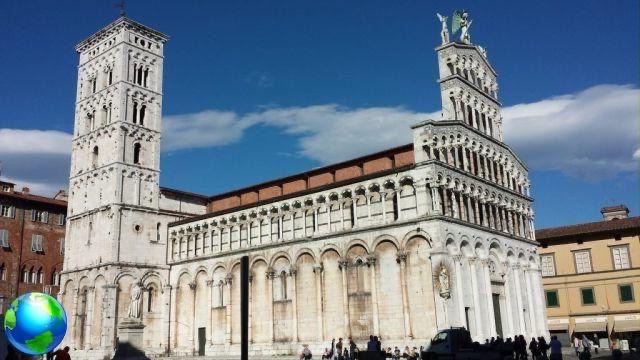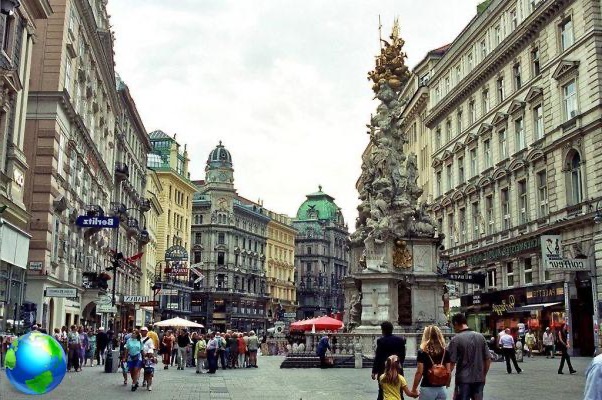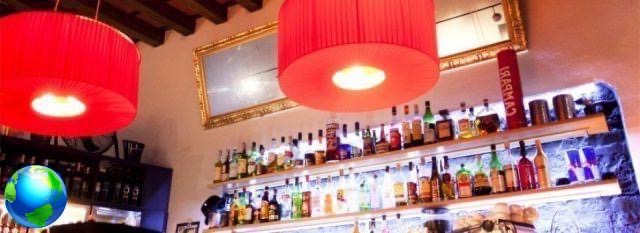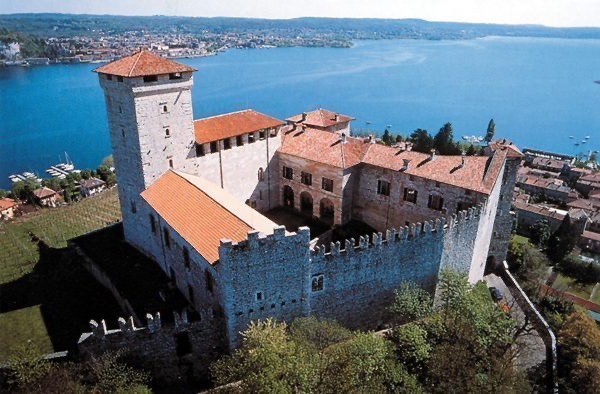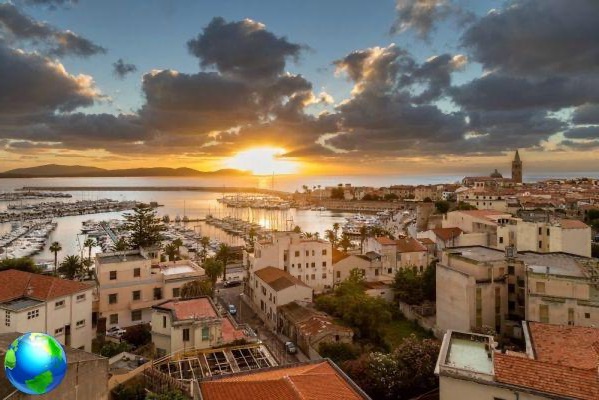What to do and what to see in Todi in just one day, where and what to eat in the province of Perugia and why it is worth stopping for a day to explore this beautiful town in Umbria.
Todi it is what many define as “the ideal city”, a beautiful and elegant medieval city which rises on top of a hill overlooking the enchanting Tiber valley.

Todi is located a few kilometers away from Perugia and is surrounded by three circles of walls. Among the things to see in Todi, there is certainly Piazza del Popolo, the central point of the city where the main buildings such as the Town Hall, the Lapidary Museum, the Civic Art Gallery, the Roman Etruscan Museum, the Palazzo del Capitano and the Priory palace.
One of the most important religious complexes of Todi is the Duomo, built in the XNUMXth century on the remains of a temple dedicated to the god Apollo. The Cathedral is characterized by a long staircase and a sumptuous Romanesque façade. Very impressive is also the Temple of Consolation, executed in the XNUMXth century.
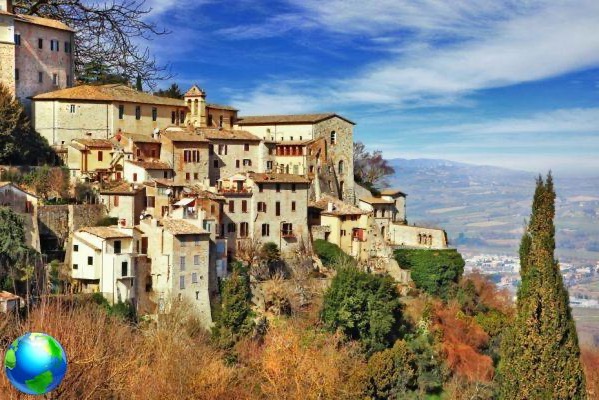

What to do in Todi
Todi it is a relatively small city that can be visited in a weekend to enjoy all its beauties in peace.
What I recommend to visit in Todi are its underground treasures, the Tanks. Located under Piazza del Popolo, the cisterns were once used to collect rainwater. Another suggestion on what to do in Todi is a visit to the medieval villages of di Ulpiano, Nuovo and Porta Fratta and the area of the lower valley known as the Pontigli. While from Piazza Garibaldi you can enjoy a breathtaking view of the countryside below.

What to eat in Todi
After a long walk you will only have to stop and taste some typical dishes such as pan caciato (or nociato), a small round loaf of walnuts, cheese and raisins. You cannot not taste the palomba alla ghiotta, the local dish par excellence and in the winter months there are many restaurants that offer pigeons on the spit.
Excellent local dishes to accompany a good glass of equally typical wine Grechetto di Todi, a white with a typical intense straw yellow color, rich in delicate floral and fruity notes, so good that it was even mentioned by Pliny the Elder in the first century after Christ.





